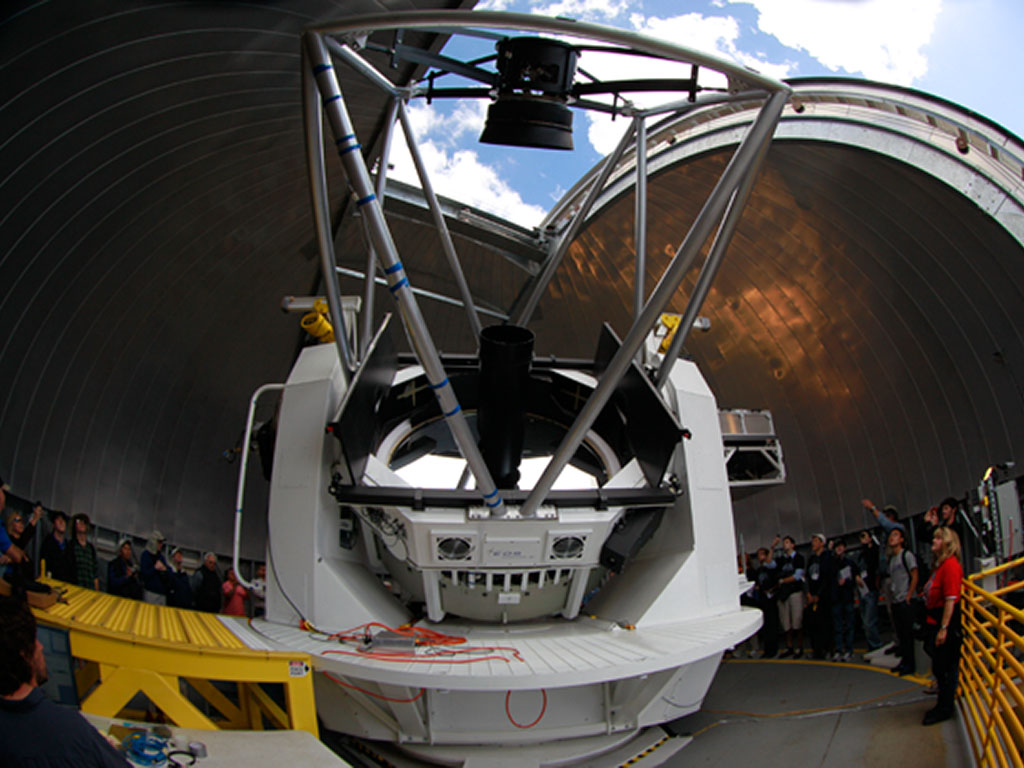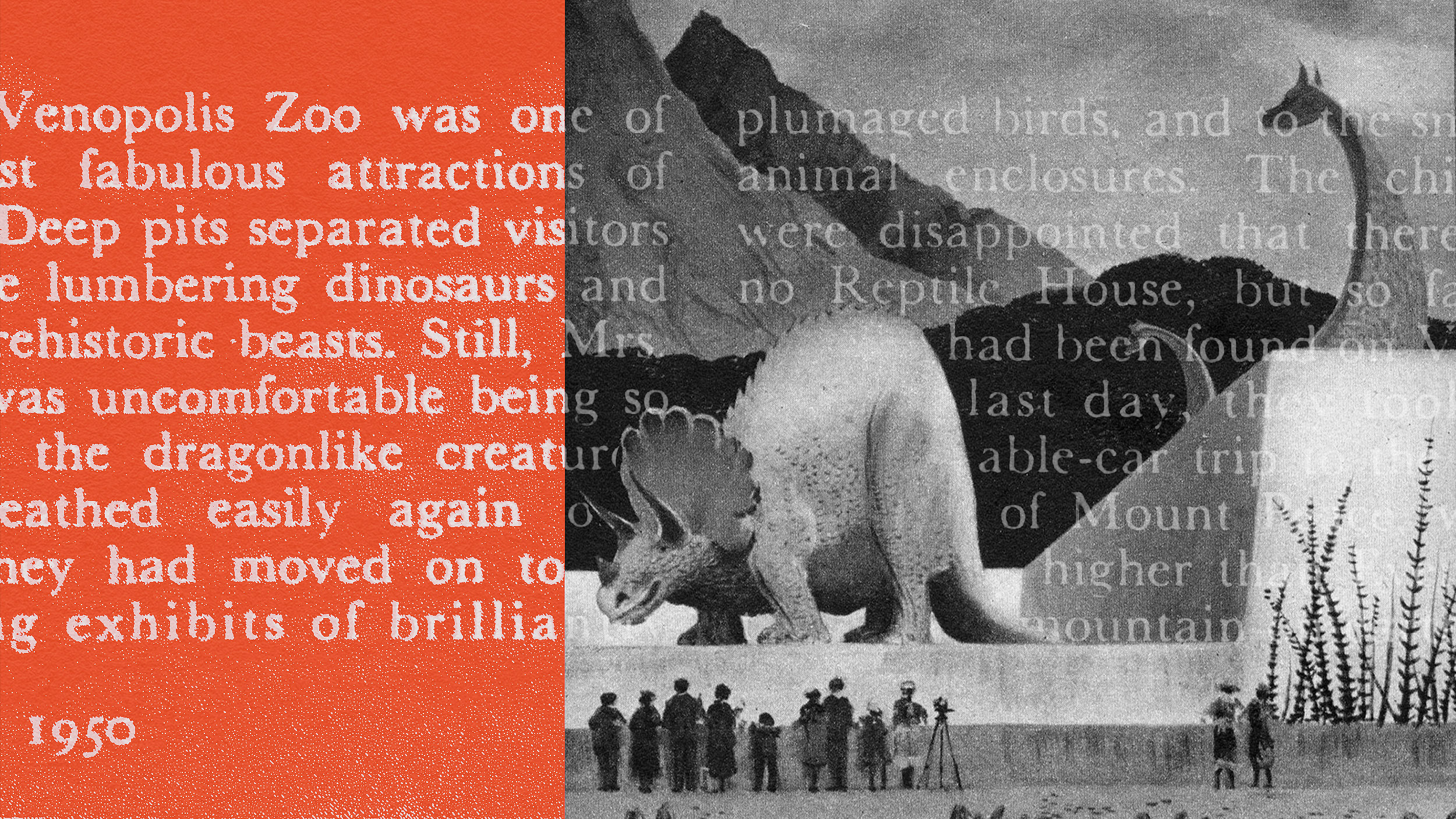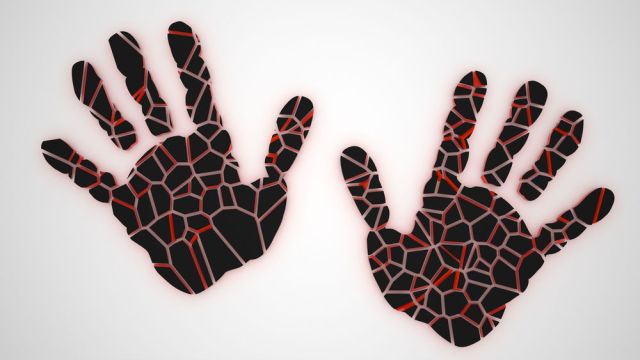The Deadly Important Insights of Big Data

What’s the Big Idea?
We didn’t used to look at our friends and view them as a rich source for data, but Facebook changed that, by “datafying” friendships. Similarly, we never used to think of our whispers and “stray thoughts” or our professional networks as data-producing entities. And yet, Twitter and LinkedIn changed that too. In short, we are datifying aspects of our lives “that we never actually understood as being informational before,” says Kenneth Cukier, co-author of the book Big Data: A Revolution That Will Transform How We Live, Work, And Think.
Watch the video here:
What’s the Significance?
According to Cukier “we’re just at the outset of the big data era,” so we have to use our imaginations to consider what all of the variable uses for big data in the future will be. But Cukier also points to a powerful, concrete example that we can see today.
Twitter can tell us, for instance, that subpopulations exist that are either immunized for the flu or are not. This insight completely upends the idea of ‘herd immunity’ because “there’s whole subgroups of the population that all don’t get vaccinated, yet they all hang out together,” Cukier points out.
It took datafying relationships and interactions to learn this “deadly important” insight about flu vaccinations, Cukier says. “So when you think about it in the grand scheme, what big data means is we are able to learn things about ourselves at the population level, at a huge scale, that we never could in the past.”
Image courtesy of Shutterstock.





